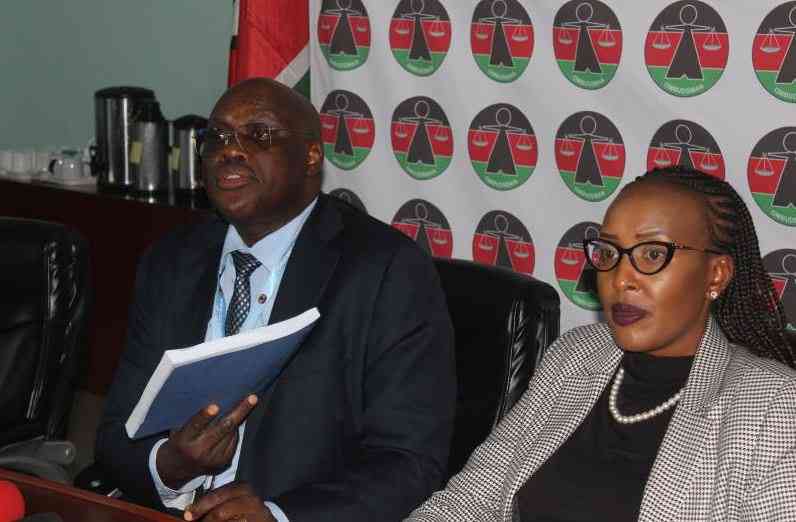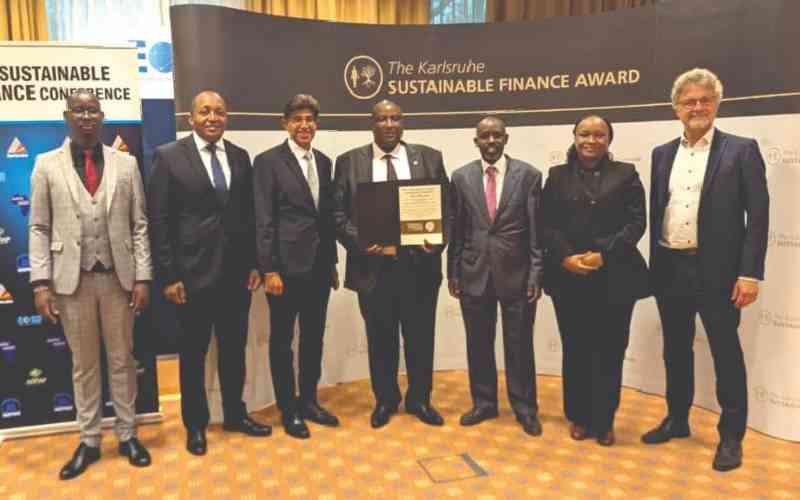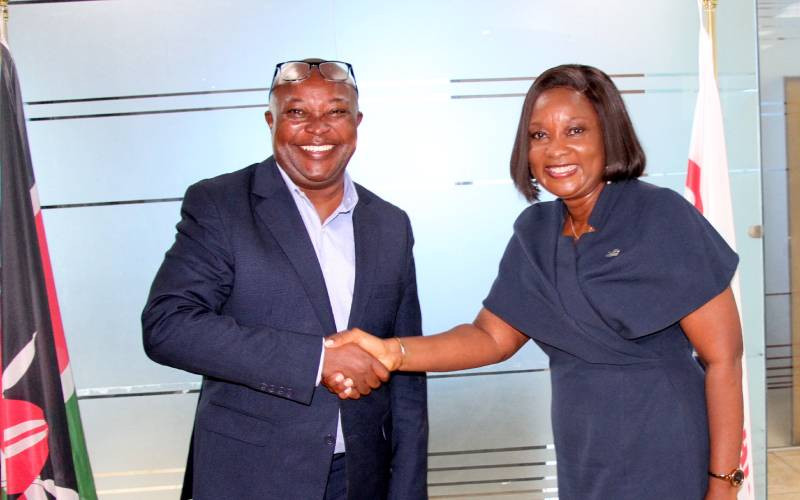
Following a story published on Monday, 22nd September, in The Standard concerning the fate of a family that had been denied their kin’s body for burial by a Nairobi hospital, the Commission on Administrative Justice (Office of the Ombudsman) has taken over the matter and called the family for an interview in a bid to have the hospital compelled to release the body.
The Office of the Ombudsman was shocked that Westlands Specialist Hospital had withheld the body of Mary Wanjiru, 57, for over four months because of a medical bill she incurred in just three days, according to documents seen by The Standard and shared with the Ombudsman’s office.
Wanjiru’s family has since uprooted the tents pitched to mourn her in her compound as they resigned to fate.
Wanjiru incurred a bill of over Sh700,000, which the family was unable to pay. A fundraiser held at Wanjiru’s home in Ndeiya, Limuru, in early July did not raise enough money to offset the bill.
The commission cited Article 19 of Kenya’s Constitution, which recognises that the purpose of protecting human rights and fundamental freedoms is to preserve the dignity of individuals and communities, promote social justice and realise the potential of all human beings.
Charles Dulo, the Chairperson of the Commission on Administrative Justice, said that rights belong to every individual and are not donated by the state, and are only subject to limitations contemplated by the Constitution.
Dulo noted that many cases have been brought to the attention of the commission by distraught families seeking the release of their relatives’ bodies, with some matters spilling into the courts for adjudication.
“The state and all state organs have a duty to promote rights and freedoms, particularly for vulnerable groups in society such as the case at hand,” Dulo said.
The commission referred to a landmark case and legal precedent from Norah Masitza and Another versus Mombasa Hospital (No. 153 of 2008), where Justice Azangalala firmly stated:
“The deceased’s remains are not an asset that the respondent may hold as lien. The defendant cannot sell the body to recover its charges, it cannot pledge or otherwise use the remains as security. Indeed, the defendant acknowledges that there is no property in the remains of the deceased, so the respondent has no basis at all for refusing to release the remains.”
The chairman said that in the above matter, the commission wrote to the Principal Secretary to act swiftly.
“Following the intervention, the CEO and the Registrar of KMPDC ordered the hospital to release the body of the deceased and seek alternative ways of recovering the debt,” Dulo said.
Dulo further cited another similar matter where Justice Kiplagat Sergon held that:
“It is trite in law that there is no property in a dead body, as it cannot be offered or held as security for payment of a debt, it cannot be auctioned if there is a default, it cannot be used to earn rental income in a cold room. In sum, there is no legal basis for retaining a body and it would be callous and sadistic to hold it.”
The KMPDC has said that the position of the law is unequivocal: detaining a deceased body over an outstanding bill is illegal. Importantly, releasing the body does not extinguish the hospital’s right to recover its debts.
Stay informed. Subscribe to our newsletter
Mary Kagia, a family member, said that Wanjiru’s illness and subsequent death has strained the family to the extreme, and they are hoping that the Ombudsman will help them to finally lay their kin to rest.







